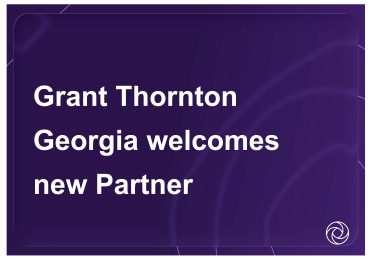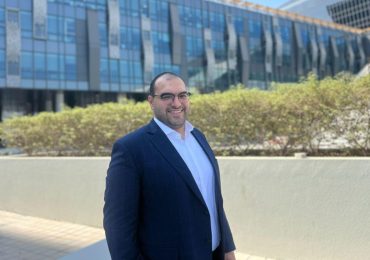Author: Andi Stark
Photo credit: Dr. Rachel Thomas
As pressures from work and daily life keep increasing, more people are experiencing stress, burnout, and mental health struggles. In response, Dr. Rachel Thomas, a U.K.-based doctor focusing on neuroscience and mental health, has developed a new approach: her program, “Clarity,” which focuses on preventing these issues before they become overwhelming.
Dr. Rachel’s approach is based on science and offers practical, easy-to-follow steps to help people reduce stress daily. The program is aimed specifically at women balancing multiple responsibilities at work and home.
From Crisis Response to Prevention
Mental health has become a major issue worldwide. According to the World Health Organization, mental health disorders are now the leading cause of disability. Rates of conditions like depression and anxiety have gone up by more than 25% since the COVID-19 pandemic.
Most mental health care today focuses on responding to crises after problems have become severe. Clarity takes a different path, addressing mental health before people reach that stage, by giving users scientifically proven tools to manage stress early.
Dr. Rachel details the program: “In my practice, I frequently see women struggling at a relentless pace, taking on a lot both at work and home. They’re often caught in a cycle where stress is managed reactively, not preventatively.” She aims to help people shift to a more proactive way of dealing with stress by giving them tools they can use daily.
Research supports this kind of early intervention. Deloitte’s 2024 Global Health Care Sector Outlook shows that mental health care providers are beginning to adopt proactive care, especially as healthcare staffing shortages make it harder to meet everyone’s needs. Programs like Clarity can improve mental health and cut the financial burden of mental health issues. Mental health problems cost UK employers nearly £45 billion each year due to lost productivity, making early action beneficial for both individuals and society.
Combining Personal Experience and Expanding a Vision
Dr. Rachel’s background in biomedical engineering, neuroscience, and functional medicine gives her a solid understanding of mental health’s physical and psychological aspects. She also has personal experience with the challenges her clients face. As a working mother, she knows the stress of balancing work and family life. “As a working mother, I know firsthand the challenges of balancing responsibilities” ” she shares.
Clarity is designed to be accessible to women who do not have time for complicated mental health practices, breaking down effective tools into simple, doable steps. Compared to mental health apps like Calm and Headspace, Clarity offers a more personalized and hands-on experience. It covers a broader range of skills, such as managing time, shifting thought patterns, and regular personal feedback sessions with Dr. Rachel.
After launching Clarity in the U.K. and Australia, Dr. Rachel plans to bring her program to the U.S. and the MENA (Middle East and North Africa) regions within the next year. Proactive mental health programs like Clarity may be beneficial in places where mental health services are harder to access. A recent Commonwealth Fund report shows that about 20% of Americans find it challenging to get mental health care. Programs like Clarity could offer a flexible and accessible way to support mental health globally.
Dr. Rachel hopes to keep expanding Clarity’s range of tools and maintain her scientific approach as the program grows. She believes mental health resources must fit into people’s existing routines. “Mental health support should not only be accessible but designed to fit into your life,” she explains.
Meeting the Demand for Proactive Mental Health Solutions
As demand for mental health care grows, proactive approaches like Clarity’s could become more common. In the U.K., the Office for National Statistics shows that mental health issues lead to over 17 million lost workdays each year. Similarly, Deloitte reports that stress at work in Australia results in over $10 billion in lost productivity every year.
Proactive mental health care is not only effective but also cost-saving. A National Institutes of Health study found that early intervention can reduce severe mental health episodes by almost 50%. As more people face high-stress conditions at work and home, early intervention programs may relieve pressure on healthcare systems by helping individuals manage their own mental health.
Alongside high demand, the healthcare sector faces global staffing shortages, with the World Health Organization (WHO) predicting a shortage of 18 million healthcare workers by 2030. Programs like Clarity, which encourage self-care and resilience, could help reduce the strain on healthcare systems and allow people to take better control of their mental health.
Clarity’s mission is to make mental health care proactive, accessible, and easily integrated into daily life. Dr. Rachel’s approach blends medical knowledge with practical insights to provide tools people can use in everyday routines. Dr. Rachel hopes that Clarity’s model will inspire others in the mental health field to consider early intervention. “We need to be supporting mental health with the same foresight that we use for physical health,” she notes.
S














